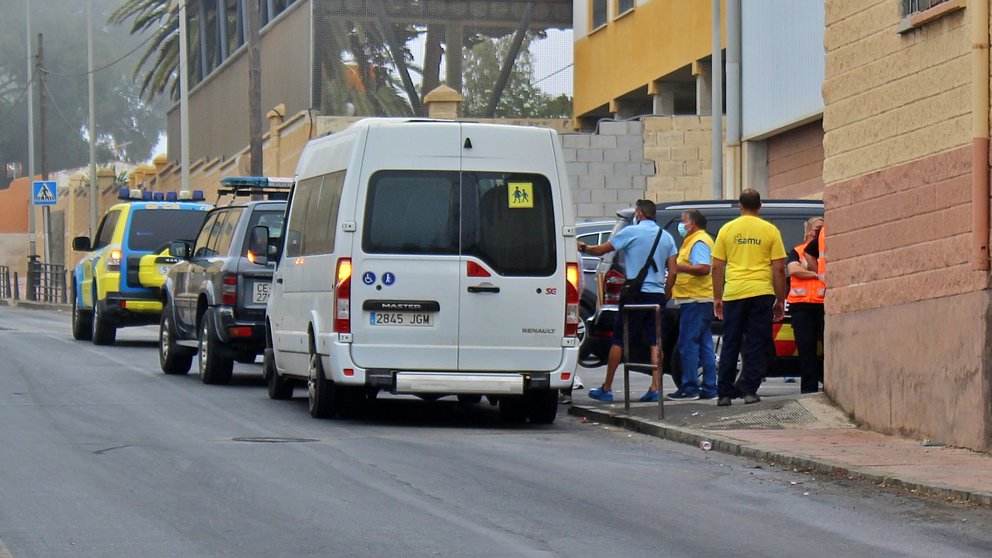The Diplomat
The Audiencia Nacional considers that it is not appropriate to suspend as a precautionary measure the repatriation of unaccompanied minors from Ceuta to Morocco, as requested by the association Red Española de Inmigración y Ayuda al Refugiado (Spanish Network for Immigration and Refugee Aid).
In an order issued yesterday, the Administrative Chamber of the Audiencia Nacional indicates that, although there are reasons of urgency to adopt the precautionary measure because the returns are taking place these days, it refuses to do so, because the request must be raised in the procedures foreseen and regulated in detail in Spanish legislation to which the Spanish-Moroccan Agreement refers.
“In which it will be possible, where appropriate, to assess whether the alleged violations of fundamental rights exist, and to challenge, by filing the precautionary requests considered appropriate, either their resolution or the absence of such proceedings, before the competent bodies of this jurisdiction that are already aware of any of these appeals,” the resolution states, according to Europa Press.
Consequently, and without prejudging the merits of the appeal, the Chamber refuses to grant the precautionary suspension insofar as, from the contested act, in a first precautionary approach, the violations of rights denounced in relation to the act that is the object of the present appeal cannot be deduced.
The court also responds to the lack of jurisdiction of the Audiencia Nacional alleged by the Ministry of the Interior and explains that the object of the present appeal is a letter dated 10 August 2021 on the letterhead of the Secretary of State for Security agreeing to proceed to execute the provisions contained in Article 5 of the Agreement between the Kingdom of Spain and the Kingdom of Morocco on cooperation in the field of the prevention of the illegal emigration of unaccompanied minors, their protection and concerted return. The Chamber considers that the application, although it has formal defects, such as the absence of a signature, does not prevent the court from recognising its jurisdiction to hear and determine the interim relief requested.







